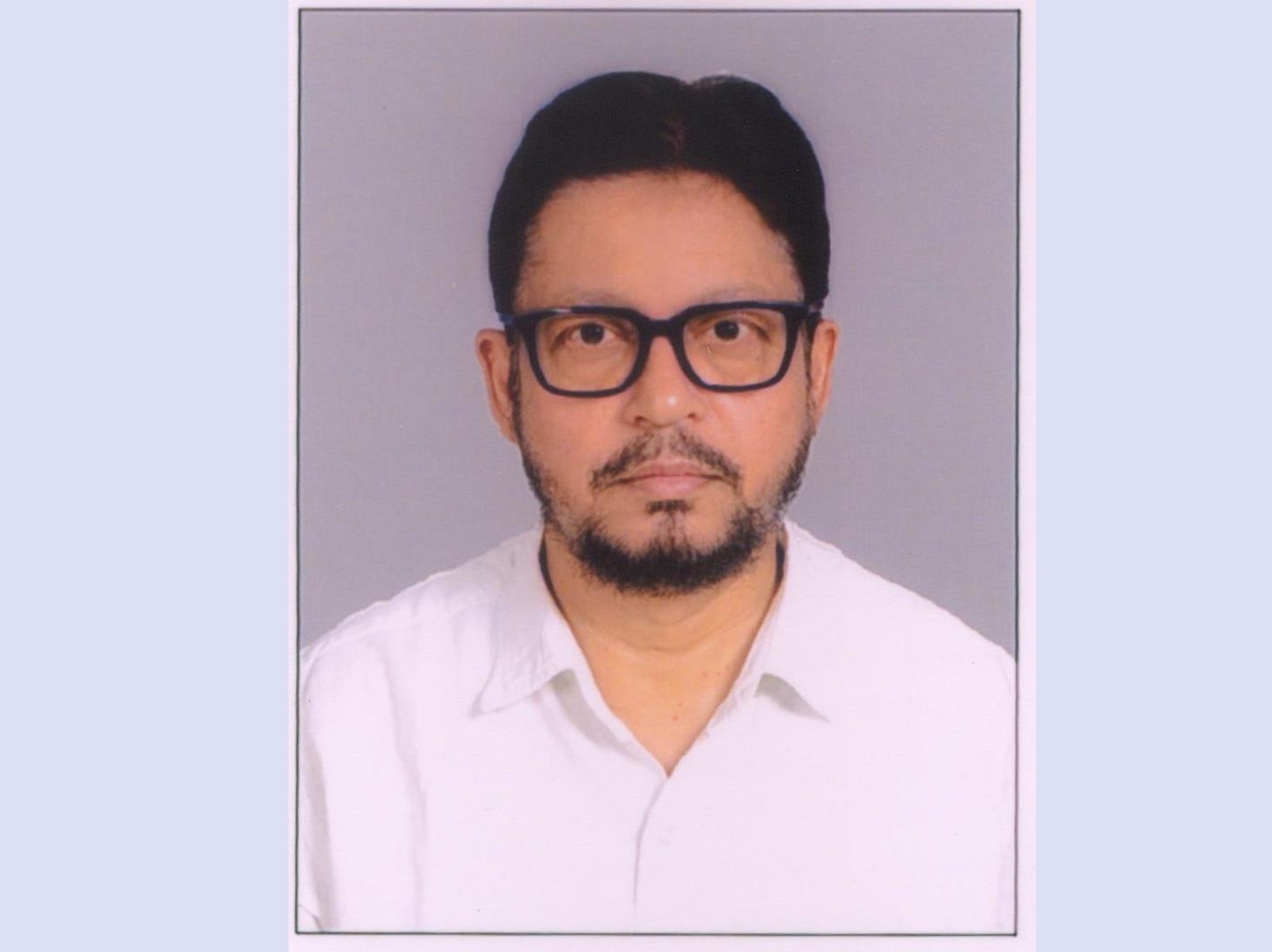
Prof. Mohammad Husain
Honorary Director (Multidisciplinary Centre for Advance Research and Studies) Professor (Department of Biotechnology)
Department of Biotechnology,
Jamia Millia Islamia (Central University),
New Delhi 110025
HIV-associated renal pathogenesis has been main focus of my research since beginning of my academic career at Mount Sinai School of Medicine, New York. The study ranged from investigating the role of HIV-1 genes in causation of renal pathogenesis in HIV patients to the development of transgenic mouse model in order to recapitulate the exact mechanism of disease in humans. Both in vitro and in vivo studies showed that the two HIV-1 genes Nef and Vpr were responsible in initiation and progression of renal pathogenesis in addition to the host factor. The similar findings were later on confirmed by the other investigators too. The work was recognized by Kidney and Urology Foundation of America and a two year (2001-2003) Research Fellowship was awarded for further studies. Later on the focus shifted towards the mechanism of pathogenesis and entry of HIV-1 into renal epithelial cells. We studied the role of p66ShcA, mTOR, rennin- angiotensin system (RAS), apoE, VDR and ROS signalling pathways in renal pathogenesis. On the basis of contribution and recognition of the work in the field of renal pathogenesis, a two year Visiting Professorship (2010-2012) was offered by the Division of Kidney Diseases and Hypertension, Feinstein Institute for Medical Research, New York. In this new endeavour, we hypothesized that HIV-1 may enter tubular cells by phagocytosis of apoptotic fragments of HIV-1 infected T cells infiltrating tubular interstitium. By a series of experimental evidence, we showed that apoptosed fragments of T cells were phagocytosed by tubular cells that might contain virus particles, thus facilitating the transfer of HIV-1 from infected T cells into renal tubular cells. The collaborative research is going on and consultations are sought time to time.
Currently my research focus in the department of Biotechnology has shifted more towards basic HIV-1 research. Two important aspects are under investigation. First is to explore the mechanism of disease progression in HIV patients that varies among patients as rapid progressors, delayed progressors and long term nonprogressors. The second is to investigate the mechanism of development of drug resistance in HIV patients. In addition, work on maternal to infant transmission of HIV-1 is also being carried out. A preliminary study on cancer metabolism is under investigation in the lab.



